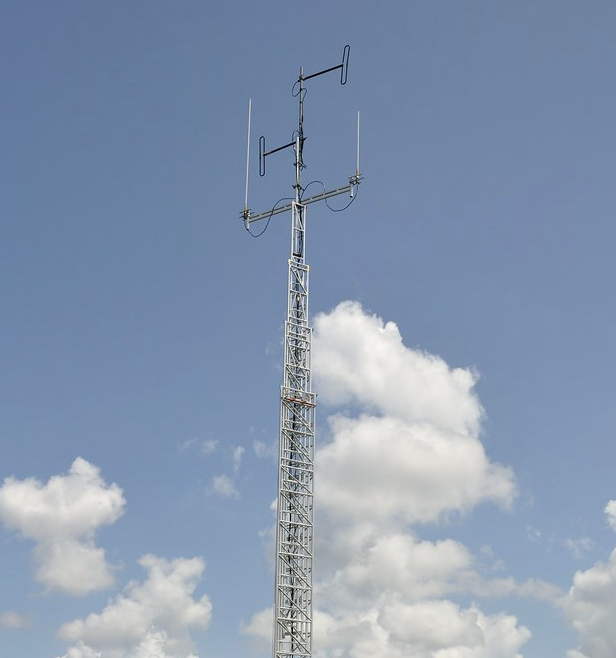Public safety agencies across major U.S. cities are facing mounting uncertainty as the Federal Communications Commission (FCC) moves forward with plans to auction off the critical T-Band spectrum (470-512 MHz). This auction, mandated by the 2012 Middle Class Tax Relief and Job Creation Act, has left first responders in cities like New York, Los Angeles, and Chicago searching for a viable solution to maintain reliable emergency communications.
The T-Band has long served as a lifeline for police, fire, and EMS departments, providing mission-critical communication capabilities in densely populated urban areas where alternative spectrum options are limited. However, under current law, the FCC is required to auction this spectrum by 2021, with proceeds intended to fund the expansion of the nationwide FirstNet public safety broadband network.
Public Safety Leaders Warn of Dangerous Consequences
Public safety organizations, including the National Public Safety Telecommunications Council (NPSTC) and the International Association of Fire Chiefs (IAFC), have voiced strong opposition to the auction. A Government Accountability Office (GAO) report raised concerns that relocating agencies from the T-Band could cost up to $6 billion, with no clear alternative spectrum to support their needs.
“There is no practical way to relocate these communications systems without severely compromising public safety,” stated a spokesperson for NPSTC. “Removing first responders from the T-Band could delay emergency response times, reduce interoperability, and ultimately put lives at risk.”
Efforts to Repeal the Auction Mandate
Recognizing the severe implications, lawmakers have introduced the “Don’t Break Up the T-Band Act,” a bipartisan bill aimed at repealing the auction requirement and allowing emergency services to retain access to this critical spectrum. The bill has gained support from public safety organizations and city officials who argue that disrupting these communications networks without a viable replacement would be disastrous.
Despite these efforts, the future remains uncertain. If Congress does not intervene, agencies will be forced to transition off the T-Band—an outcome many believe will cause more harm than good. With the 2021 deadline looming, the pressure is mounting to find a resolution before first responders face communication gaps that could impact millions of Americans.
The question remains: Will lawmakers act in time to protect public safety communications, or will first responders be forced to scramble for alternatives before the auction proceeds?

